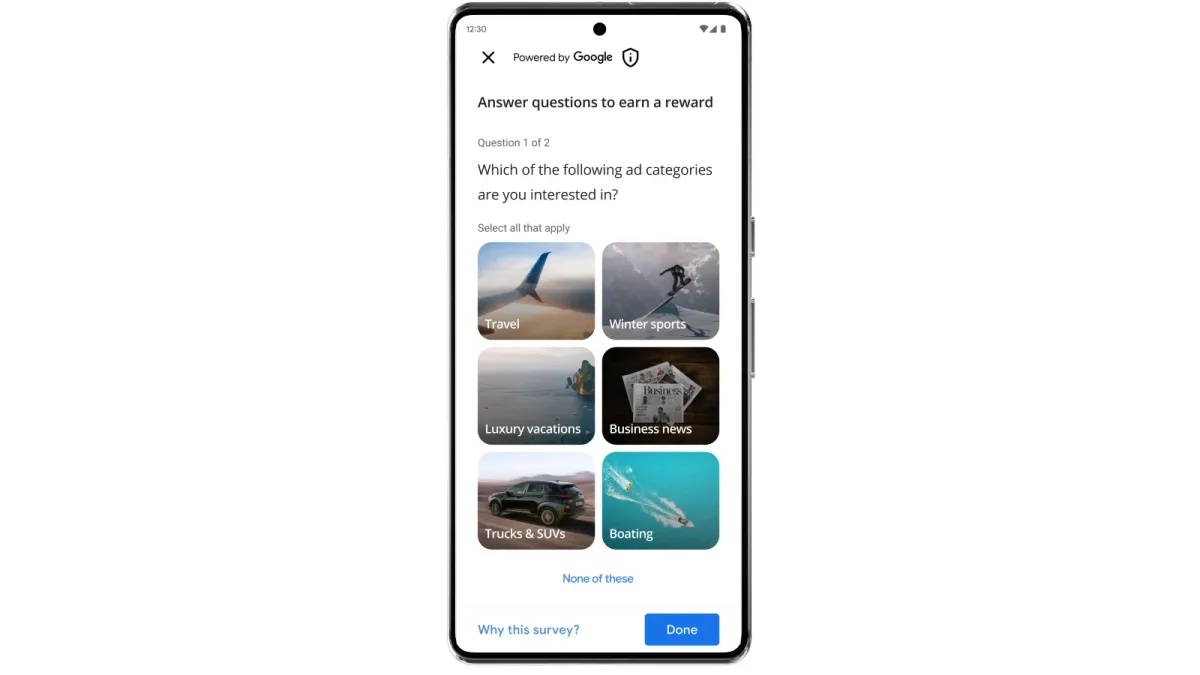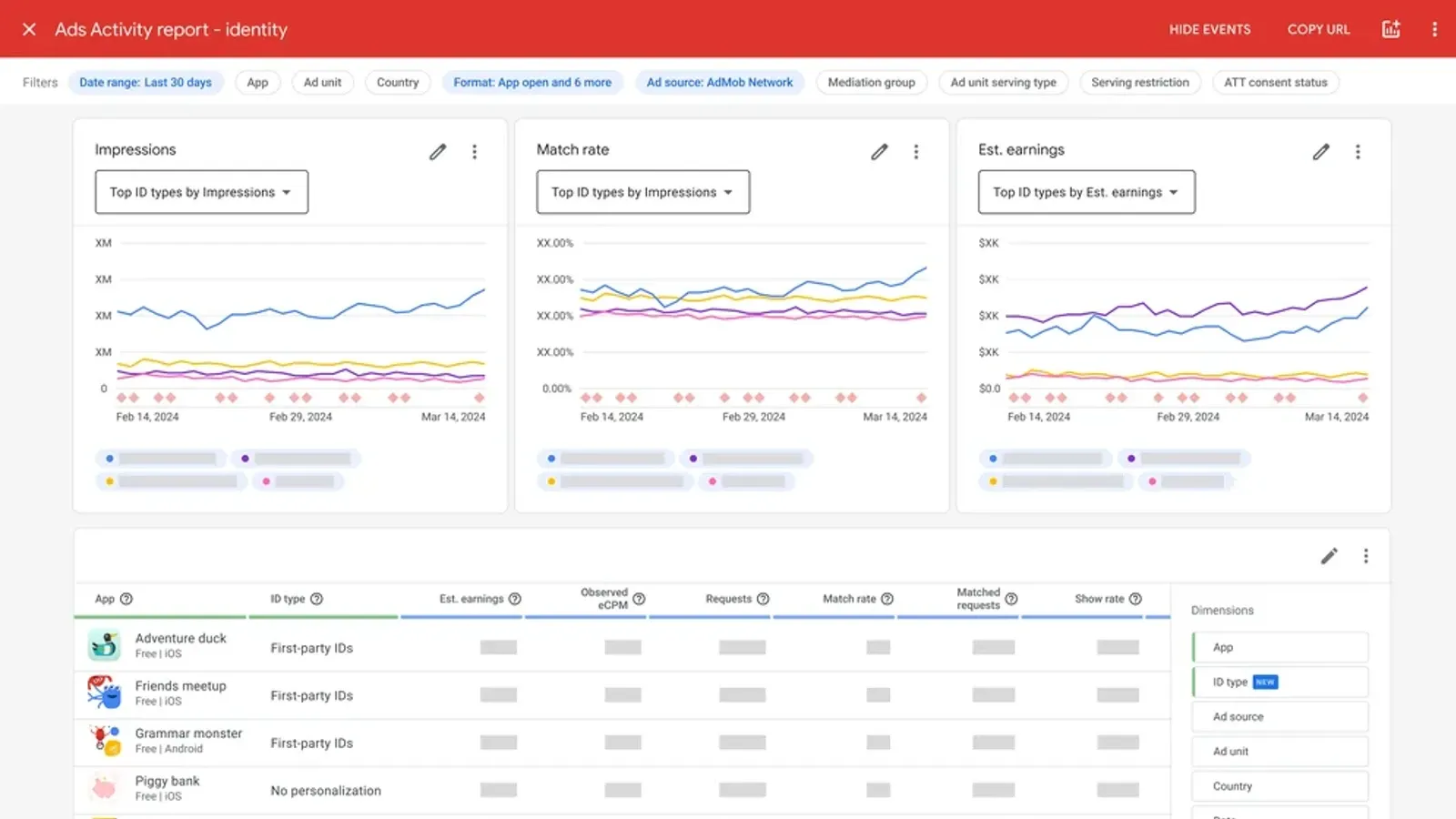
Google AdMob this week announced a new suite of features designed to help app publishers navigate the evolving landscape of digital privacy and data collection.
The way user data is collected and used online is undergoing significant changes. Increasing user privacy concerns and regulations are prompting stricter controls on third-party data collection practices. This shift presents a challenge for app publishers who rely on ad revenue generated through targeted advertising.
To address these challenges, Google AdMob is introducing a range of tools that empower app publishers to leverage first-party data, which is data collected directly from users with their consent. Here's a closer look at the key features:
Building Trust with Users: AdMob emphasizes the importance of building trust with users through transparent data practices. The platform provides tools to manage user consent for data collection according to various regulations. Additionally, features like ads personalization controls allow users to have more control over their data usage.
Creating Value with First-Party Data:
- Publisher First-Party ID (formerly known as same app key): This is an identifier generated by AdMob that serves as an alternative to third-party device IDs for functionalities like frequency capping and ad personalization. It respects user privacy settings and is unique to each publisher's apps.
- User Insight Surveys: A new feature that allows publishers to gather user ad preferences through surveys displayed within rewarded ad units. This data can be used to enrich publisher first-party data for ad targeting.
- App Analytics Connection: This feature enables integration of first-party analytics data, such as user activity and purchase events, with publisher first-party ID. This combined data can be used for more effective ad personalization within Google Analytics for Firebase.

Control and Activation of Data: AdMob acknowledges the importance of publisher control over their data. The platform provides functionalities like the Identity tab in Ads Activity reports to compare the performance of publisher first-party ID with other identifiers. Additionally, a Publisher data tab allows for testing the effectiveness of different first-party data features.
The introduction of these new features by Google AdMob signifies the growing importance of first-party data for app publishers. By leveraging user data collected with consent, publishers can potentially maintain or even improve their revenue streams from targeted advertising while adhering to privacy regulations. The success of these tools will depend on factors such as user adoption of consent-based data collection and the effectiveness of first-party data in ad targeting compared to traditional third-party methods.

